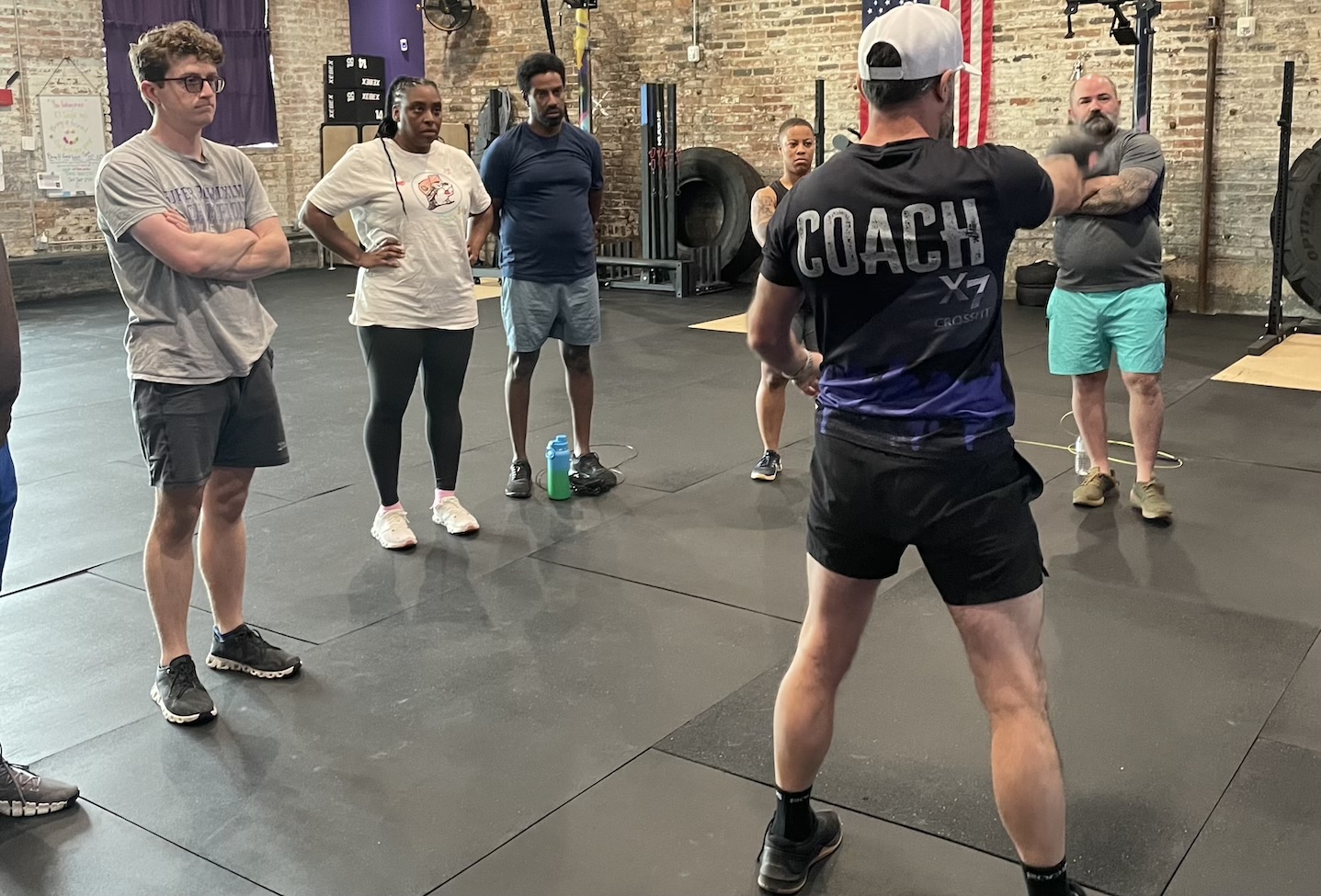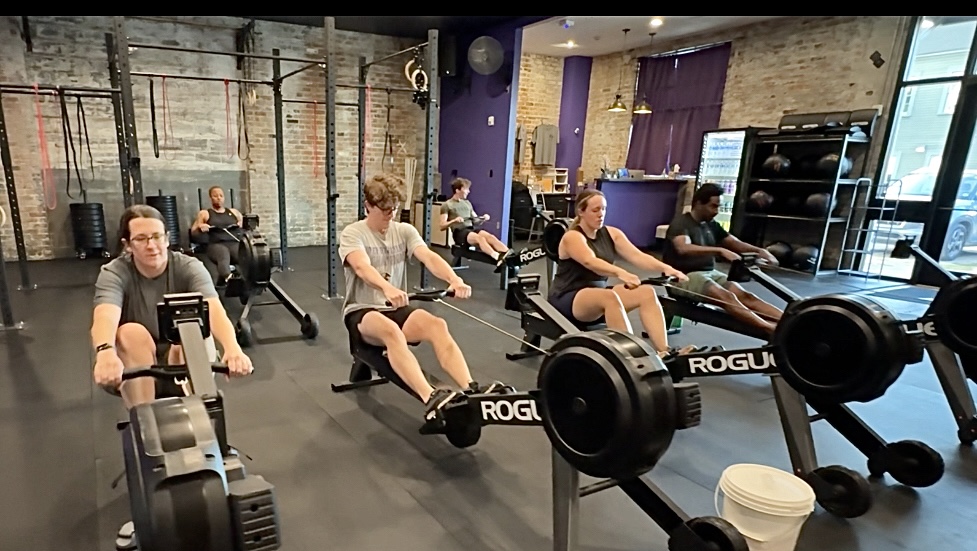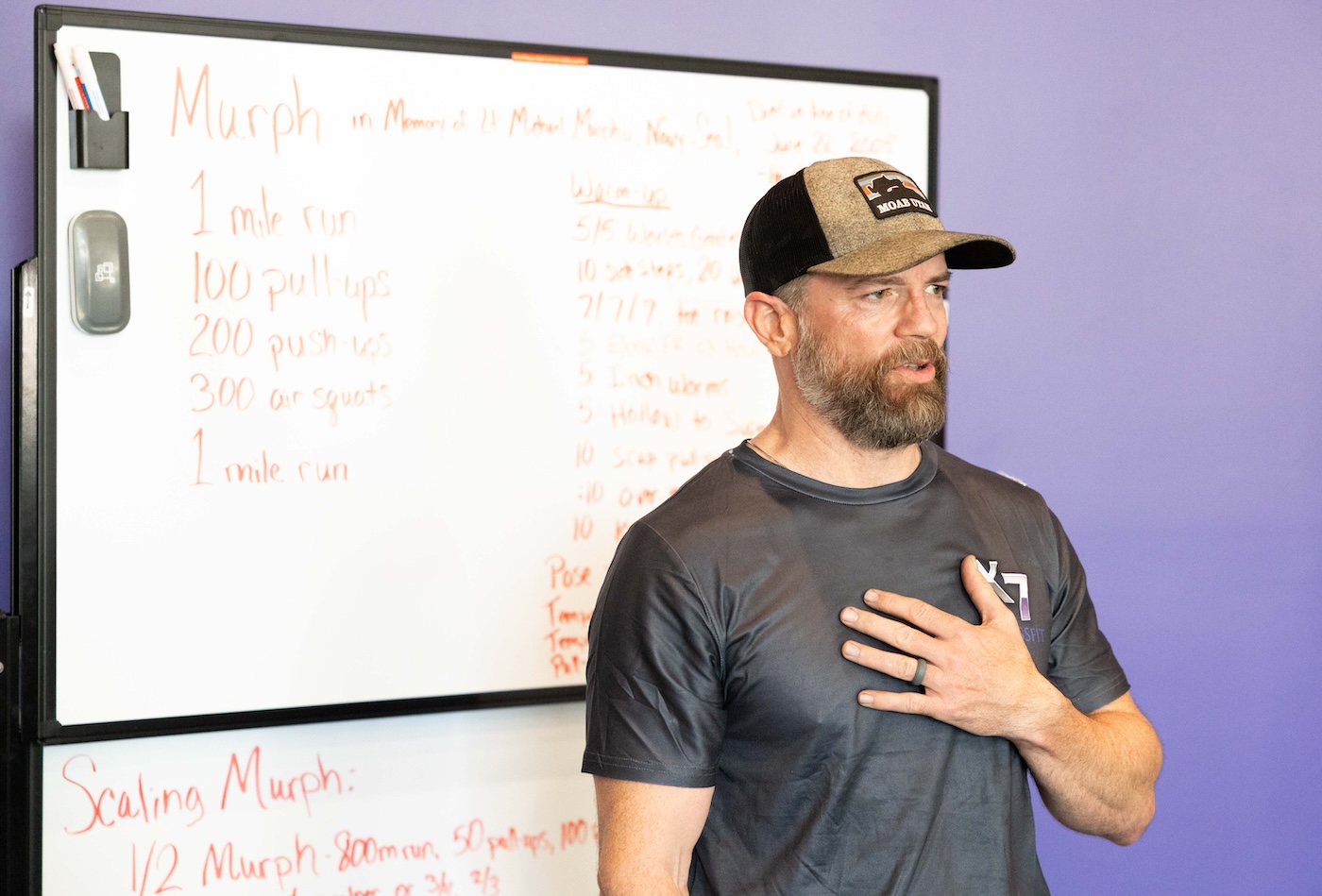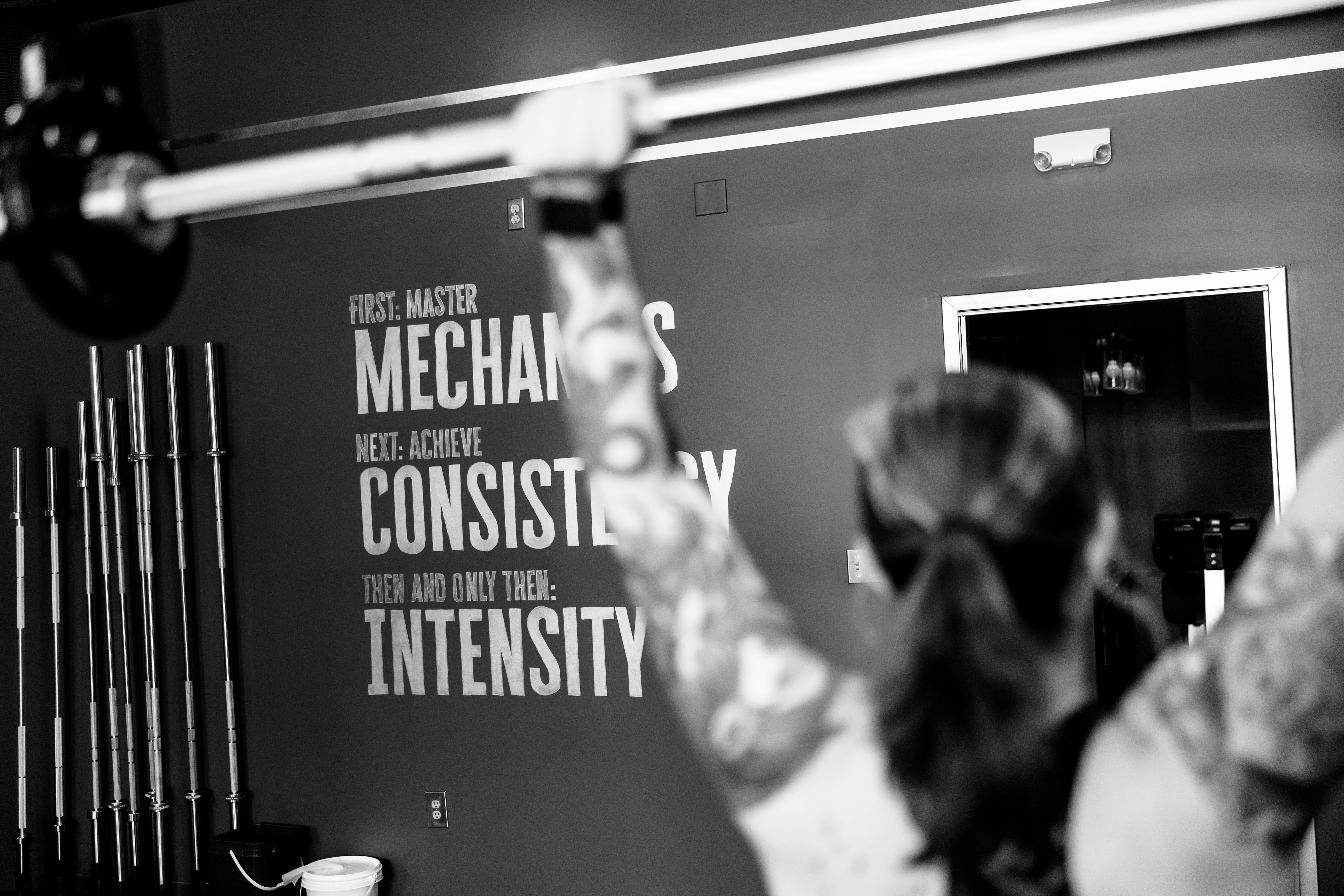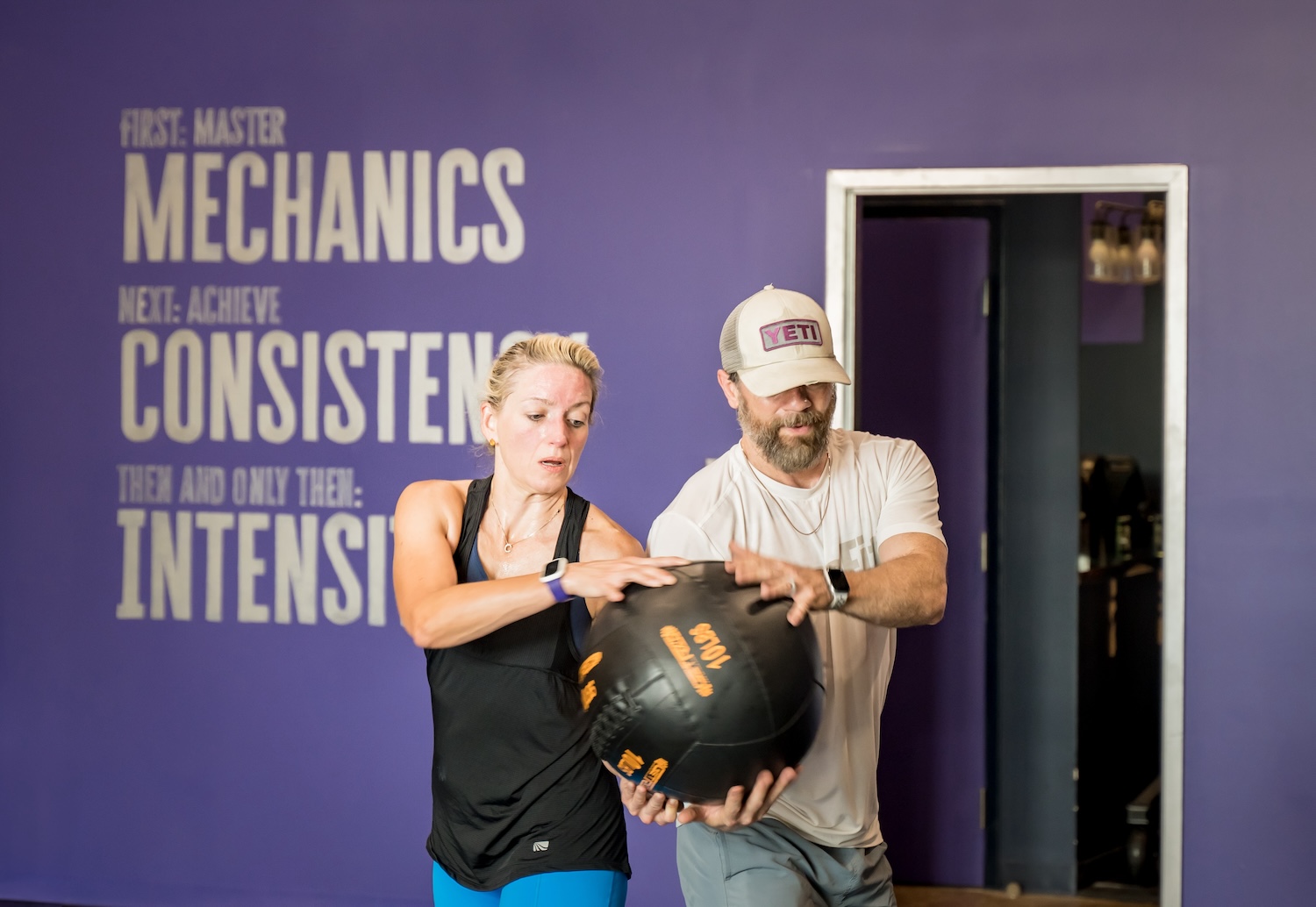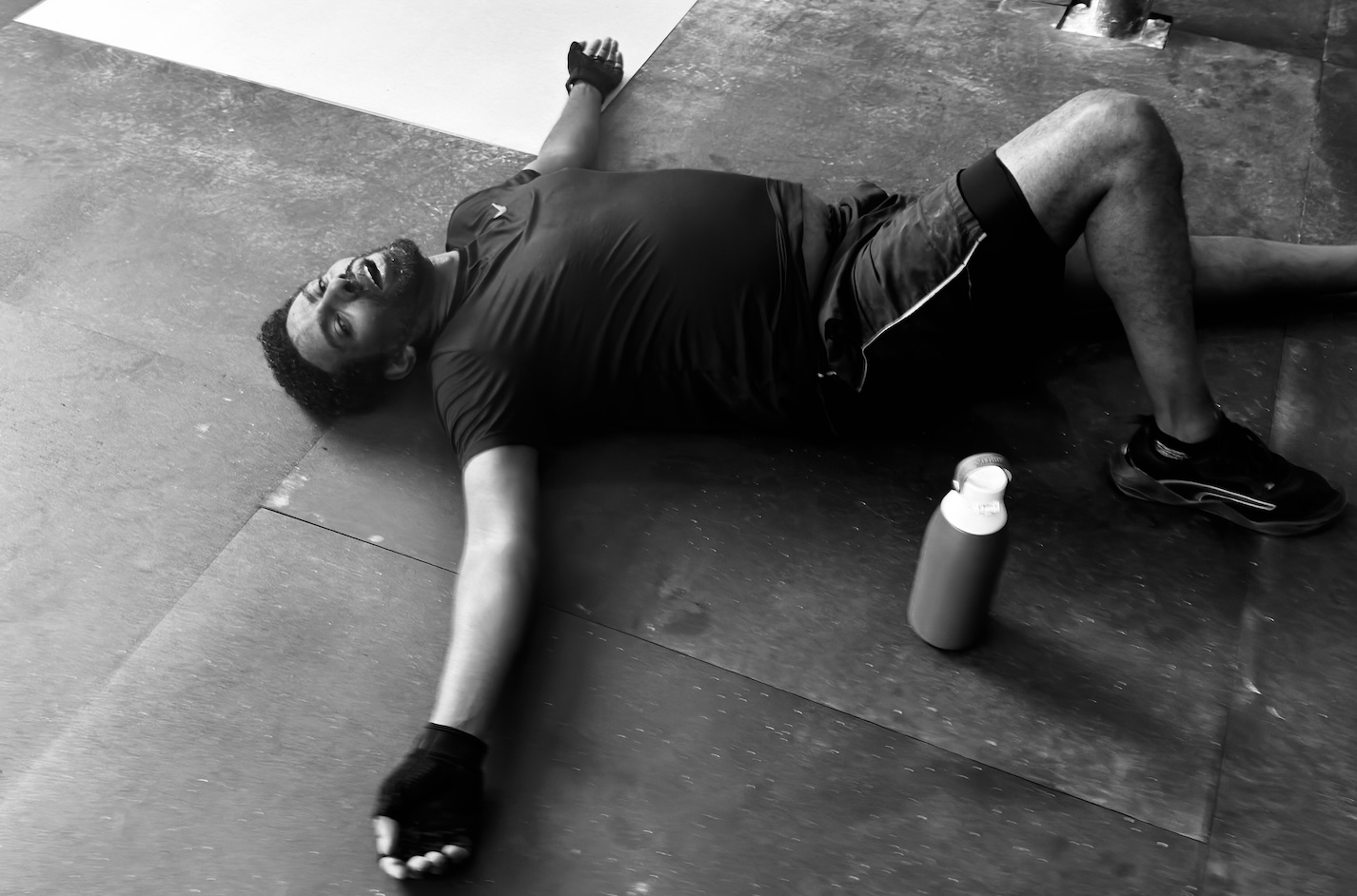

Become a Professional Sleeper: The Identity Shift That Changes Everything (In and Out of the Gym)
Transformation comes from creating new patterns, not recreating old ones.
The Quick Win Section (Start Here!)
🎯 Immediate Actions You Can Take Today:
- Set a "wind-down alarm" 1 hour before your target bedtime (me time begins!)
- Block your sleep time in your calendar (treat it as non-negotiable)
- Change your phone contact name to "[Your Name] - Sleep Professional"
- Tell three people you are experimenting with better sleep habits (creates helpful accountability)
💡 The Big Idea: Whether you are crushing your goals or feeling stuck in a rut, you are someone who deserves to feel amazing, and sleep is your secret weapon to get there.
Why This Identity Shift Changes Everything
Here's the brutal truth: you already have an identity around sleep. Maybe it's "night owl," "I'll sleep when I'm dead," or "I function fine on 5 hours." Or maybe it's "I'm always exhausted," "I can't seem to get my life together," or "I'm just not a morning person."
Whatever that identity is, it's holding you back from the life you want.
When Stanford researchers tracked basketball players who increased their sleep to 10 hours per night, their shooting accuracy improved by 9% and sprint times dropped by 0.7 seconds. But here is the kicker—these were not sleep-deprived players to begin with. They were already getting "adequate" sleep.
But this is not just about elite athletes. Maybe you are not crushing workouts or chasing performance metrics. Maybe you are just trying to get through the day without feeling like garbage. Maybe you have tried other "life hacks" before and they did not stick. Here is what is different about sleep: it is the foundation that makes everything else enjoyable again. When you are sleeping well, suddenly that morning routine feels manageable instead of torturous. That healthy eating plan becomes something you actually want to do. Your patience with your kids comes naturally. Your focus at work flows without forcing it.
The difference? Those Stanford players started treating sleep like their most valuable self-care ritual. And so can you, no matter where you are starting from.
The Psychology Behind Identity-Based Change
Stanford psychologist BJ Fogg's research shows that identity-based habits stick 3x longer than outcome-based goals. When you tie the identity to pleasure and reward, your brain creates positive associations that make the behavior more appealing.
Most sleep advice fails because it asks you to fix what's broken—to go back to "good sleep" you once had or should have had. But transformation comes from creating new patterns, not recreating old ones. When you become a professional sleeper, you are not returning to anything. You are building something entirely new.
Instead of: "I want to sleep 8 hours" (outcome) or "I should probably sleep more" (guilt) Think: "I am someone who treats themselves like royalty through amazing sleep" (identity + pleasure)
When you see yourself as a professional sleeper—someone who has discovered the secret to feeling incredible—your brain starts looking forward to bedtime. You do not need willpower when your brain expects a reward.
The Key Principle: Every time you follow through on a sleep commitment, you strengthen the neural pathways that make this behavior automatic. Stack enough of these successful experiences, and sleep becomes something you naturally gravitate toward rather than something you force.
The Professional Sleeper Mindset: 4 Core Principles
1. Sleep Is Your Essential Foundation
You were born deserving quality sleep—it is not a privilege to earn, but a fundamental need to claim. However, claiming it requires intentional action to create the conditions where deep, nourishing sleep can flourish.
⚡ Action Item: Put your sleep time in your calendar as a non-negotiable appointment. Treat it with the same importance as a doctor's visit or important meeting—something you would not cancel without a compelling reason.
2. Gamify Your Sleep Success
Track your wins to strengthen positive patterns. Seeing your progress builds momentum and creates positive associations with your new sleep habits.
⚡ Action Item: Track just two metrics for one week:
- Time in bed (celebrate every night you hit your target!)
- Morning mood rating (1-10) - watch the number climb as your sleep improves
Key Insight: Use a visual tracker (calendar with stickers, phone app with streaks, etc.). Your brain loves seeing progress accumulate.
3. Create Your Sleep Sanctuary
Set up conditions that make sleep irresistible—transform your bedroom into a peaceful oasis where your body and mind naturally drift toward deep, nourishing rest. Your bedroom should trigger instant relaxation the moment you enter.
⚡ Essential Elements:
- Bedroom temperature between 65-68°F (if you can)
- No screens, TV, or electronics 30 minutes before your "me time" begins
- Blackout curtains or eye mask (create your cozy cave of comfort)
- White noise or earplugs (your personal sound spa)
- Phone in airplane mode or another room, TV off (protect your sanctuary from stress triggers and blue light)
- The most comfortable mattress and pillows you can afford (every night should feel like a luxury hotel)
- Add one comfort trigger: essential oils, soft lighting, or your favorite cozy blanket
Psychology Tip: Spend 2 minutes each evening appreciating how comfortable your bed feels when you first get in. This trains your brain to associate bedtime with gratitude and pleasure.
4. Gentle Healing After Off Nights
Everyone has rough nights. Professional sleepers know how to get back to feeling amazing quickly.
⚡ When You Have a Bad Sleep Night:
- No caffeine after 2 PM the next day (be extra kind to your nervous system)
- 10-20 minute power nap (if possible) between 1-3 PM (mini boost)
- Earlier bedtime that night, not later (gift yourself extra healing)
- Double down on your sleep sanctuary setup
The Everyday Life Crossover: Beyond the Bedroom
At Work: The Well-Rested Advantage
Once you truly embrace the professional sleeper identity, it shifts how you navigate every area of your life—especially work. Instead of defaulting to "yes" for everything, you start making decisions that honor your commitment to feeling incredible.
When you know how amazing you feel when well-rested, you naturally begin to:
- Meetings: "I cannot do the 7 AM call, but I am available from 9 AM onward" (if you have flexibility) or "I will need to prepare my evening routine to accommodate early starts" (if you do not)
- Travel: You research which hotel rooms are quietest because you have experienced how good sleep makes everything better
- Social Events: "I will join for dinner, but I will head out by 9 PM—I love my evening wind-down time" or "I will come for the first hour since feeling rested tomorrow is my priority"
- Shift Work: You plan your sleep schedule around your shifts and protect it during your days off because you know the difference it makes
💼 Professional Sleeper Language:
- Instead of: "I am tired all the time"
- Say: "I am prioritizing feeling amazing by investing in my sleep"
In Relationships: Setting Sleep Boundaries
Professional sleepers communicate their needs from a place of mutual benefit:
🗣️ Scripts That Work:
- "Sleep is how I show up as my best self. I need your support in protecting this time."
- "When I am well-rested, I am more patient, focused, and present with you. My good sleep directly improves our time together."
- "I am committed to taking care of myself through sleep so I can be fully available when we are together."
Weekend Warrior No More
Professional sleepers do not have "cheat days" with sleep. Weekend sleep-ins actually hurt your circadian rhythm.
⚡ Weekend Action Plan:
- Same bedtime (±30 minutes max)
- Same wake time (±60 minutes max)
- If you need more sleep, go to bed earlier Friday night
Bedtime Prep Ideas: Create Your Perfect Wind-Down
The secret to loving your sleep routine? Make the lead-up feel like the best part of your day.
Chain together 3-4 activities that prepare both your environment and mindset for incredible sleep:
Example Evening Sequence:
- Create Your Sleep Environment (5 min): Dim the lights, adjust temperature, put phone in airplane mode, and change into your most comfortable clothes while playing calming music
- Practice Gratitude (5 min): Ideally, journal 3 things you are grateful for from that day, but at minimum reflect on 3 things while you prepare your bedroom environment. Research from UC Davis shows that people who write down gratitudes just 3 times per week for 10 weeks report significantly improved life satisfaction and optimism, with effects lasting months after the study ended.
- Sensory Pleasure (10 min): Read something enjoyable, practice deep breathing with a nice scent nearby, or listen to calming music
- Cozy Nest (3 min): Get into bed and spend a moment appreciating how comfortable you feel
Common Professional Sleeper Objections (And How to Handle Them)
"I Do not Have Time for 8 Hours of Sleep"
Response: "Sleep is my productivity multiplier. When I am well-rested, I accomplish more in fewer hours and actually enjoy the work. Quality sleep creates more effective time in my day."
"My Schedule Is Too Unpredictable"
Professional response: "I work with my constraints because I know how much better I feel when rested. If I have a late night Thursday, I adjust earlier in the week to take care of myself."
"People Will Think I Am High Maintenance"
Response: "Taking care of myself well means I can take care of others better. Plus, people who feel good tend to be more enjoyable to be around."
"I Am Not a High Achiever—This Seems Too Intense"
Response: "This is not about being perfect—it is about discovering how good you can feel. Start with just one thing that makes bedtime more pleasant. Even small improvements feel amazing when you experience them yourself."
"I have Tried Sleep Tips Before and They Do not Work"
Response: "Those were probably rules and restrictions. This is about creating a routine you actually enjoy. The difference is pleasure vs. pressure. When something feels good, you naturally want to continue it."
Reframe: Every "failed" attempt taught you something about what does not work for you. Now you get to discover what does work, which makes success even more satisfying.
Your 7-Day Professional Sleeper Challenge
Week 1: Foundation Building with Built-In Rewards
Days 1-2: Track current patterns (no judgment, just curiosity - celebrate your awareness!) Days 3-4: Set consistent bedtime and wake time (reward: notice how much better you feel) Days 5-6: Optimize environment and create your happiness stack evening routine Day 7: Celebrate your week with a special sleep treat (new pillow, cozy pajamas, soft blanket)
📊 Success Metrics (Make Each One a Mini-Celebration):
- Consistency (celebrate every night you stick to your routine)
- Morning energy rating (1-10) - take a selfie when you hit an 8+
- Afternoon crash frequency (how often did you hit the 3 PM wall?) - celebrate crash-free days
Social Happiness Boost: Share one sleep win per day with a friend or on social media. Tag it #ProfessionalSleeperChallenge. Social recognition amplifies the reward feeling.
The Professional Sleeper's Daily Routine
Morning Gratitude Check-in (3 minutes):
- Rate your sleep quality (1-10) with appreciation, not judgment
- Notice one thing that felt good about your sleep or morning energy
- Set a positive intention: "Tonight I get to treat myself to amazing sleep again"
Key Insight: Focus on what went RIGHT with your sleep, even if it was not perfect. This trains your brain to notice sleep wins.
Afternoon Energy Awareness (1 minute):
- Check your energy level and celebrate if you are feeling good
- If you are dragging, remind yourself: "This is temporary, and I have a plan to feel better"
- Visualize your cozy evening routine for 30 seconds (builds anticipation)
Evening Wind-Down:
Follow your personalized bedtime prep sequence (see "Bedtime Prep Ideas" section above) to create the perfect transition into sleep.
Psychology Boost: Speaking your intentions out loud increases commitment and makes the routine feel more special and deliberate.
Advanced Professional Sleeper Strategies
Once you have mastered the basics, try these pro-level tactics:
The Power Nap Protocol
- 10-20 minutes maximum
- Between 1-3 PM only
- Set an alarm (no "I will just rest my eyes")
Strategic Caffeine Management
- First cup 90 minutes after waking (works with natural cortisol)
- Last cup 8-10 hours before bedtime
- Avoid all caffeine sources after 2 PM
The Sunday Sleep Planning Session
Spend 10 minutes each Sunday planning the week's sleep like a professional:
- Check calendar for early meetings or late events
- Plan adjustments to maintain consistency
- Prep your sleep environment for success
Conclusion: Your Professional Sleeper Declaration
Today, you have a choice. You can continue treating sleep as something that happens to you, or you can take control and become a professional sleeper.
This is not about being perfect. It is about being intentional. It is not about becoming elite overnight—it is about giving yourself the foundation to become whoever you want to be.
Professional sleepers understand that sleep is not time wasted—it is the most important investment you can make in feeling incredible. It is when your brain consolidates memories, your muscles heal, and your immune system strengthens. Whether you are chasing peak performance or just trying to feel like yourself again, this is where transformation begins.
Your challenge: For the next seven days, introduce yourself as someone who loves and prioritizes their sleep. Notice how it changes not just your sleep, but how you show up in every area of your life.
Because here is the thing—everyone else is grinding through life on fumes. Some are succeeding despite it, others are struggling because of it. You? You will be the one who chose to feel amazing.
Sweet dreams, professional sleeper. Your transformation starts tonight.
References
Sleep Research & Performance:
- Mah, C. D., et al. (2011). The effects of sleep extension on the athletic performance of collegiate basketball players. Sleep, 34(7), 943-950.
- Walker, M. (2017). Why We Sleep: Unlocking the Power of Sleep and Dreams. Scribner.
Habit Formation & Identity-Based Change:
- Fogg, B. J. (2019). Tiny Habits: The Small Changes That Change Everything. Houghton Mifflin Harcourt.
- Clear, J. (2018). Atomic Habits: An Easy & Proven Way to Build Good Habits & Break Bad Ones. Avery.
Gratitude & Positive Psychology:
- Emmons, R. A., & McCullough, M. E. (2003). Counting blessings versus burdens: An experimental investigation of gratitude and subjective well-being in daily life. Journal of Personality and Social Psychology, 84(2), 377-389.
- Lyubomirsky, S., Sheldon, K. M., & Schkade, D. (2005). Pursuing happiness: The architecture of sustainable change. Review of General Psychology, 9(2), 111-131.
Sleep Science:
- National Sleep Foundation. (2020). Sleep in America Poll.
- Huberman, A. (2021). Huberman Lab Podcast: Master Your Sleep & Be More Alert When Awake.
Additional Research:
- Prather, A. A., et al. (2015). Behaviorally assessed sleep and susceptibility to the common cold. Sleep, 38(9), 1353-1359.
- Cappuccio, F. P., et al. (2010). Sleep duration and all-cause mortality: A systematic review and meta-analysis of prospective studies. Sleep, 33(5), 585-592.
Ready to level up even more? Check out our comprehensive sleep optimization guide for advanced strategies on sleep tracking, circadian rhythm hacking, and creating the perfect sleep environment.
